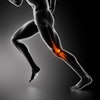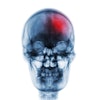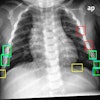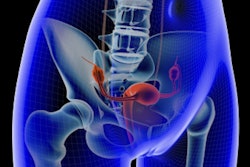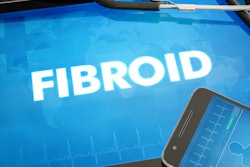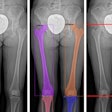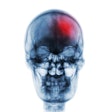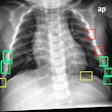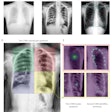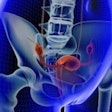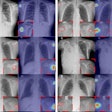The quality of online patient information about uterine artery embolization (UAE) could be better, according to the authors of new study published in the May issue of Academic Radiology.
A team led by Dr. Timothy Murray of Beaumont Hospital in Dublin, Republic of Ireland, evaluated the quality and readability of available online information about the procedure, comparing available data to findings from two studies published in CardioVascular Interventional Radiology (December 2012, Vol. 35:6, pp 1355-1362; April 2013, Vol. 36:2, pp. 385-394) that investigated the same issue.
The researchers entered the terms "uterine artery embolization," "fibroid embolization," "uterine fibroid embolization," and "uterine artery embolization" into five commonly used English-language search engines and analyzed the first 25 pages returned from each (Acad Radiol, May 2018, Vol. 25:5, pp. 619-625).
The group then analyzed the results using the following tools:
- DISCERN, a questionnaire that provides a way of assessing the quality of written information on treatment choices for a health problem
- JAMA Benchmark Criteria, which use four core standards to evaluate websites
- The Health On the Net Foundation Code of Conduct (HONcode), which evaluates the reliability and credibility of healthcare information on the iternet
- The Flesch Reading Ease score, which determines what level of education needed to easily read a piece of text
- Flesch-Kincaid grade level test, which measures how easily a piece of text can be understood
The most common search term was "uterine artery embolization," the researchers found. When the group compared their results to those of the earlier studies, it found that mean DISCERN quality of information provided by UAE websites was "fair"; adherence to JAMA Benchmark Criteria was poor -- only 6.7% of websites met all the benchmarks for quality patient information -- and overall, website readability was more difficult than recommended seventh to eighth-grade reading levels.
The group did find that HONcode-certified websites, which represented 35.6% of the search results, showed significantly higher quality than noncertified websites.
"As healthcare providers, we can ensure the quality and accessibility of any information we may provide; however, we have little control over patient research," the team concluded. "Investigation and awareness of the caliber of information to which patients are exposed is a worthwhile exercise."

